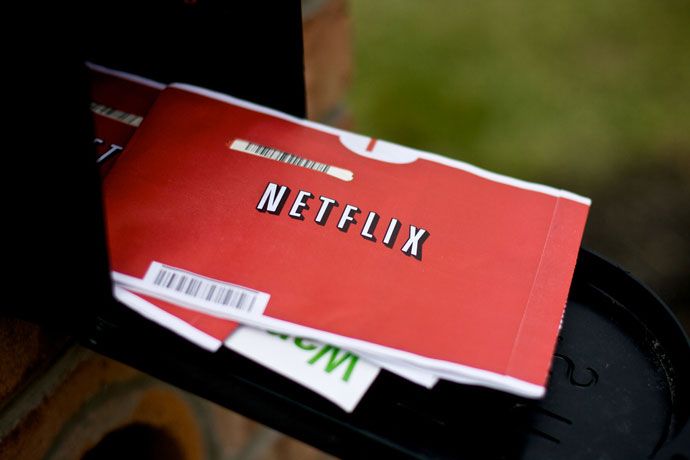Netflix Looks Weaker As Cable Conglomerates Begin To Compete

Image via Flickr/ jeezny
Netflix (NASDAQ:NFLX) customers accepted the company’s price rise with little complaint. The firm’s original content is a hit with both critics and viewers, and its stock price is continuing its epic rise: but that doesn’t mean the company is safe. News circulating in recent days shows that the cable television industry is not lying down before its rise.
21st Century Fox appears to be readying itself for a more concerted entry into the cable market. According to recent reports, the company is looking to swallow Time Warner (NYSE:TWX), owner of cable properties like CNN and HBO. The stable of important properties is likely the most valuable in all of cable, and Netflix’s future will rely on being able to outmaneuver that industry.
HBO Still Beating Netflix
While HBO continues to have the most culturally relevant property in Game of Thrones, Netflix has had a string of smaller hits in its original programming business. House of Cards and Orange is the New Black have both seen critical praise, but neither has the kind of pull that the fantasy show exercises on the Western World. HBO has shown itself able to repeat that kind of success, with shows like The Sopranos and Sex in the City exemplary of the company’s past power.
Netflix is growing appreciably, and the company’s streaming service is one of the most exciting web based properties out there, but the firm now has to compete with cable companies. That may seem easy now, as the entire market for media is growing, but it’s likely to get more difficult going ahead. With a powerful conglomerate, (which could be created by a Fox, Time Warner merger) facing it, Netflix’s future may not be as easy to predict as analysts previously thought.
Fox, Time Warner Alliance Could Beat Netflix
It’s foolish to suggest that there’s only room for a single media property to dominate the next twenty years, but Netflix is still not profitable enough to ensure its safety in competition. Despite successes and good subscription growth numbers, the streaming company is still the upstart. Its brand is not as strong as the long-standing cable properties that Time Warner has under its belt, and the company’s financials do not offer all that much room for failure.
There is a certain amount of moat at Netflix, but the company’s move into original content shows that it is frightened of the rise of an alternative streaming service. A Fox, Time Warner alliance could create a powerful streaming alternative armed with the company’s content. That’s the biggest fear facing Netflix investors, and its one that’s justified given the company’s incredibly high valuation.
Disclosure: Author represents that he has no position in any stocks mentioned in this article at the time this article was submitted









































